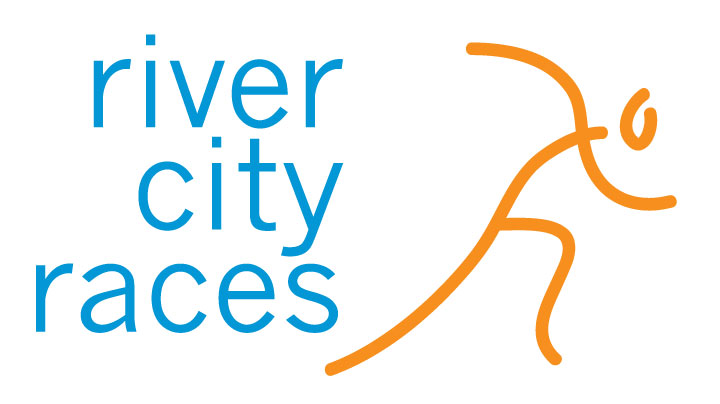Thoughts for the Master Athlete
A little about myself:
I am a wife, mother and grandmother; a life long runner, place as high as 2nd place at the KY Derby mini marathon and 3X division Ironman Louisville Champion. I live and train in Louisville, KY.
I am currently training for Ironman 70.3 World Champion to take place in Nice, France in September and Ironman Louisville in October. I am a USAT Certified Coach, Ironman University Certified Coach and enjoy coaching athlete from beginner to elite with their running and triathlon goals. I have qualified for Ironman Hawaii Ironman World Champion 11 times and have completed the race 8 times.
Thoughts for the Master Athlete
I get asked all the time what I do to stay fit and competitive as an older athlete (I am 56 years old and have been competing since I was in a Jr. high school). I do exactly what I have always done; it just takes me longer to get it done. As master athletes your PR (personal record) days are pretty much over (unless you are just getting started in the sport) but that doesn't mean you stop training and racing. When I see a senior/master athlete chasing a PR I get a little concerned and worry that it could lead to injury or a continued feeling of dissatisfaction. Yes, our VO2 drops, blood volume is reduced, our body fat goes up (especially females), our skin loses its elasticity, our muscles shrink due to muscle fibers being lost, there is always an injury to manage and we can't seem to get a full night's sleep.
The master athlete can train by setting new goals and focus on what they can do now and not what they used to do. As our bodies age the training and racing days of years gone by should be a pleasant memory and not how we try to train today.
Here are some important areas you need to keep or add to your program as you age and train:
Keep high intensity built into your weekly program; studies show that although we loose a certain percentage of VO2max over time, maintaining a schedule of high intensity training cuts the rate of decline of VO2max.
Stay consistent; not just week over week but year over year; as you age, and when you take breaks from working out, it is harder to get your body back to the point of where you were before the break. I don't mean high volume or too much intensity, but if you stay consistent year over year you will see improved fitness over time.
Keep or add strength and core training, especially females. As we age we lose muscle mass, but with strength training you will slow the process and can even increase your strength.
Be focused; athletes that train without focusing can wear down; this is where a coach or training partner can help.
Get plenty of sleep; it is the key to better performance with aging.
Pay attention to nutrition; the basic metabolic rate slows down, often resulting in weight gain and mostly fat. You can't get away with the same nutrition you could 20 years ago.
Build in more recovery; if you are a master athlete you probably know your body pretty well. If you are feeling fatigue, mood swings, higher waking heart rate, or not able to reach your set daily goals you probably need more than just one day off, or a day or two of active recovery.
Don't give up your love of sport just because you can't hit the pace you did in your 40's and under. Embrace what you can do today, set new goals, cross train, sign up for a race and go after it.

